10 Effective Ways to Reduce Food Waste in Your Household
Food waste is a pressing global issue with far-reaching consequences for the environment, economy, and our communities. Households around the world dispose of a significant amount of food every day, contributing to greenhouse gas emissions, depleting natural resources, and perpetuating hunger and poverty. However, by adopting mindful practices and implementing small changes, we can significantly reduce food waste at home. Give your wallet and the planet a break with these ideas to reduce food waste in your household.
1. Plan Your Meals
One of the most effective ways to reduce food waste is by planning your meals ahead of time. Before heading to the grocery store, create a weekly meal plan that includes breakfast, lunch, dinner, and snacks. Make a shopping list based on the ingredients you'll need for these meals. Planning helps you buy only what you need, reducing the chances of perishables going bad before you can use them. Additionally, you'll be less likely to resort to takeout or fast food, which can lead to even more food waste. Added bonus - you’ll save yourself money at checkout!
2. Shop Wisely
When shopping for groceries, make wise choices to minimise food waste. Here are some tips:
Purchase in bulk only if you can use or store the items efficiently.
Check the "best before" or "use by" dates on perishable goods to ensure freshness.
Choose products with minimal packaging to reduce waste.
Buy locally and seasonally to support sustainable agriculture and reduce the carbon footprint of your food. Try your local produce stand and butcher for fresh, local food products that are usually better value than their supermarket counterparts.
Consider buying imperfect or "ugly" produce, as they are often just as nutritious and delicious but are often discarded due to appearance standards.
3. Store Food Properly
Proper food storage is essential for preventing premature spoilage. Invest in airtight containers, and use them to store leftovers, ingredients, and meal preps. Keep your fridge and pantry organized, so you can easily see what you have on hand and use items before they expire. Store fruits and vegetables separately to prevent ethylene gas, which accelerates ripening, from affecting other produce. Understanding where and how to store various items can significantly extend their shelf life.
4. Embrace Leftovers
Leftovers are a valuable resource in the battle against food waste. Instead of letting them go to waste, get creative with meal planning. Repurpose last night's dinner into a new dish, like turning roasted vegetables into a frittata or using leftover chicken in a sandwich or salad. To make it even easier, designate one night a week as "leftover night" to clear out your fridge and save money on groceries.
5. Practice First In, First Out (FIFO)
Adopting the FIFO method in your kitchen ensures that older items get used before newer ones. When unpacking groceries, place the newer items at the back of the fridge or pantry and move older ones to the front. This strategy helps prevent items from languishing and eventually going bad. Be diligent in rotating your stock to minimise waste and save money.
6. Compost Food Scraps
Despite your best efforts, you may still end up with some food scraps, such as peels, cores, and stems. Instead of throwing them in the trash, start composting. Composting not only diverts organic waste from landfills but also produces nutrient-rich soil for your garden.
7. Get Creative with Scraps
Many parts of fruits, vegetables, and even proteins can be repurposed rather than discarded. For example:
Vegetable scraps can be used to make homemade broth or stock.
Overripe bananas can be transformed into banana bread.
Citrus peels can be dried and used to make zesty seasoning.
Roast chicken bones can be used to make a flavourful soup base.
These creative uses for scraps not only reduce food waste but can also enhance your cooking skills and repertoire.
8. Understand Expiry Dates
Expiry dates on food packaging can be confusing, leading to unnecessary waste. Familiarise yourself with the different types of date labels:
"Best before" indicates that the food is at its best quality before this date but is safe to consume afterward.
"Use by" is used for highly perishable items and should be followed to ensure safety.
"Sell by" is primarily for retailers and doesn't necessarily mean the product is unsafe to eat after the date.
By understanding these labels, you can make more informed decisions about whether to consume or discard a product.
9. Freeze Foods
Freezing is an excellent way to extend the shelf life of various food items. Whether it's meat, vegetables, or even bread, freezing can prevent spoilage and keep food fresh for an extended period. Use airtight containers or freezer bags to minimize freezer burn and label items with dates to keep track of freshness. Additionally, freezing meals in portions can make it easier to avoid overcooking and reduce waste.
10. Donate Excess Food
If you find yourself with more food than you can consume, consider donating it to a local food bank - like Kairos! Many organisations accept non-perishable items as well as fresh produce, and your surplus can help those in need. This not only reduces food waste but also contributes to your community.
Conclusion
Food waste is a pressing issue that affects both our environment and our wallets. By adopting these 10 effective ways to reduce food waste in your household, you can make a positive impact on the planet while saving money. Remember that every small step counts, and collectively, our efforts can make a significant difference in reducing food waste worldwide. Start implementing these practices today and contribute to a more sustainable and responsible food culture in your home.





